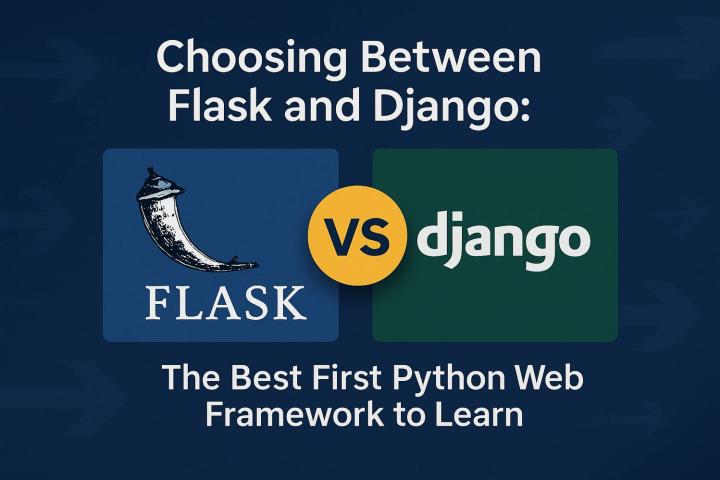Choosing the proper programming language becomes crucial while developing an application. Many businesses and startups find themselves debating between Node.js and Python as the ideal backend platform. And rightly so—both have strong use cases and benefits depending on the project’s nature.
Before diving into development, it’s important to understand what each language brings to the table. Whether you're building a high-performance, scalable app or a data-driven platform, the right choice of technology can make or break your product. In this blog, you’ll get a comprehensive comparison to help you choose the best fit for your project. And if you're unsure where to begin, you can always partner with Python development company for expert guidance and tailored to your needs.
What is Node.js?
Node.js is scalable and provides tremendous efficiency to the project because it is event-driven. Its asynchronous nature allows it to serve several requests at the same time without interrupting I/O activities. On both the client and server sides, most development teams prefer Node.js.
What is Python?
Python, on the other hand, is a full-featured, high-level, object-oriented programming language. It has a large number of libraries, APIs, and auxiliary tools because it has been around for almost 30 years. Python is well-suited to a variety of programming paradigms and is widely utilised in commercial applications.
Scalability
Node.js eliminates the requirement for a monolithic core. Instead, you construct a collection of microservices and modules, each of which communicates using a lightweight mechanism and executes its own process. You may quickly add a new microservice or module to the development process, making it more flexible.
Threads are a serious problem in Python. It's based on the Global Interpreter Lock, which prevents it from running several threads at the same time. This implies you won't be able to start another process until the sequentially historical phase is terminated.
Architecture
Node.js is an event-driven environment that facilitates asynchronous input and output. When a certain event happens, a specific process is invoked, ensuring that no process interrupts the thread. The event-driven design of Node.js is ideal for creating chat apps and games on the web.
Python, on the other hand, is not built for this approach. With the aid of specific tools, you may utilize it to create an asynchronous and event-driven application. Asynchronous code can be written in Python using modules like asyncio, much like it can be done in Node.js.
Performance & Speed
First and foremost, the speed of Node.js is outstanding because JavaScript code is interpreted by the V8 engine. Secondly, as Node.js processes code outside of the web browser, the app consumes fewer resources and performs better. This also allows you to use functionalities like TCP sockets that aren't available in a browser.
Python, unlike Node.js, is a single-flow language, which means requests are handled considerably more slowly. Python is therefore not the ideal choice for projects that value speed and performance or require a large number of complicated calculations. As a result, Python web applications take longer to load than Node.js web apps.
Libraries & Dev Tools
NPM — the Node Package Manager – manages libraries and packages in Node.js. With 3,50,000 packages, it is one of the largest repositories of software libraries. NPM is quick to learn, well-documented, and simple to use.
Pip, which stands for "Pip installs Python", is the Python library and package manager. Pip is quick, efficient, and simple to use which makes it simple for developers to utilize.
Data Processing
If your app's use case requires a large amount of data, Node.js should be your first choice. The runtime environment's technology makes it appropriate for apps with a lot of data being transferred and processed. Node.js is the more efficient option due to its parallel execution and flawless I/O operations. Python is slower in processing data because it has a basic syntax and just one thread running at a time.
Conclusion:
In this blog, we have looked at the differences between Python and Node.js to have a clear understanding while choosing one of them.
Python and Node.js are both useful according to application requirements. Hence, choose carefully before starting the development process, or you can take help from an python development company.
Python's simplicity and readability make it ideal for building robust custom web applications. As a leading Python development company that leverages Python to develop dynamic, high-performance web solutions. Whether you're building APIs, data-driven applications, or automated systems, Python offers the flexibility and reliability needed to deliver exceptional.















